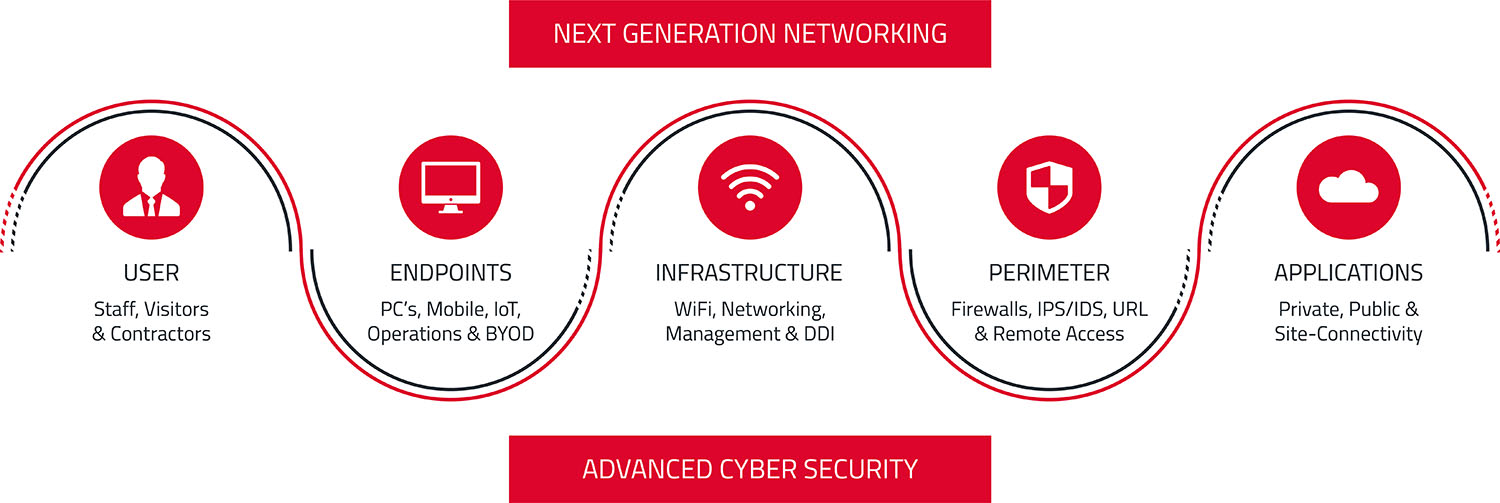
You can learn a few tricks and tips to help you keep track of your social media activity, no matter if you are new or experienced in managing them. These tips include time management, creating a schedule, analysing your audience and dealing with negative feedback. Once you've mastered these tips you will be on your way to success.
Time management
Creating a schedule and sticking to it can make time management easier for you. Without a schedule, it can be difficult to find the time to complete all your tasks. It is important to have a well-organized workspace. Keeping your workspace clean and tidy can improve your time management significantly.
Another helpful time management tip for social media management is to set a timeline. This allows you to determine when new content should be posted. This can help reduce your workload and prevent you from spending valuable time brainstorming content.

Creating a schedule
It can be a valuable tool to help you reach your goals online. It will allow you to create a content strategy and segment posts according to your target audience. This will allow you to automate your posts and ensure your audience receives them at their desired time. This will make it easier to save time and increase the likelihood of your content being shared. A social media strategy that works will make your brand more visible and build trust among your target audience.
Before you can start implementing a social media management schedule, you need to create a template. You can create columns using a Google Doc or spreadsheet to organize your content and share. By using a social media schedule template, you can easily track your posts and ensure they are consistent.
Analysing your audience
The key to social media management is understanding your audience. It will influence the content you share with them and the way you communicate with them. You may wish to identify your audience, segment them by demographics and gain a better understanding of their knowledge about your industry. By analyzing your audience, you'll be able to create messages that will resonate with them, leading to increased enrollment.
Your target audience is the first step of audience analysis. This can be done through market research, or by reviewing your customer list. Or you can use advanced audience intelligence tools that can provide rich, real-time insights about your target audience. Whatever your choice, an in-depth understanding of your audience will allow you to create relevant content and improve your business model.

Negative feedback is dealt with
Negative feedback on social media is an essential part of managing a business. It can be difficult dealing with unhappy customers. But it is important that you remain open-minded and honest. Negative feedback can only lead to distrust and it is best not to ignore it. Instead, address it professionally and keep your customers satisfied. While not everyone will love your products and services, there is always someone who does.
Online interactions are generally public. However, sometimes it is more appropriate to address negative feedback in a private conversation. If the customer has provided detailed feedback or requested sensitive information, it is best to move the conversation to a private conversation. If this is not possible, you may move the conversation onto another social media channel (email or direct message).
FAQ
How do I get clients for my consultancy business?
It is important to identify an area of passion. It can be anything you like, including public relations or social media. If you don't feel passionate about it, you might need to start small with web design. Once you have found the niche market, you need to understand why it works. What problems does the solution solve? What problems can it solve? And most importantly, how can you help them?
It is also possible to approach businesses directly.
If all else fails, why not offer your services at free events like networking evenings and conferences? You will meet potential customers and be able show your skills without having to spend money advertising.
Why would a company hire consultants?
A consultant provides expert advice on how to improve business performance. Consultants are not here to sell products.
Consulting helps companies make better decisions. They provide sound analysis and offer suggestions for improvement.
Senior management teams often have consultants working closely with them to help them understand their needs.
They provide coaching and leadership training for employees to enable them to achieve their peak performance.
They can help businesses reduce costs, streamline processes, and increase efficiency.
What type of jobs can a consultant do?
Consultant work requires a deep understanding of business strategy, operations, and other aspects. You must also understand how businesses operate and how they fit into society.
A career as a consultant requires you have great communication skills and a strong ability to think critically.
Consultants need to be flexible as they might be assigned different tasks at different times. They must be flexible and able to change directions quickly if needed.
They should be able to travel extensively for clients. This type work can take them anywhere in the world.
They also need to be capable of handling stress and pressure. Consultants may need to meet strict deadlines.
Consultants are often expected to work long hours. You might not always be paid overtime.
Statistics
- WHY choose me: Why your ideal client should choose you (ex: 10 years of experience and 6-week program has helped over 20 clients boost their sales by an average of 33% in 6 months). (consultingsuccess.com)
- Over 50% of consultants get their first consulting client through a referral from their network. (consultingsuccess.com)
- My 10 years of experience and 6-step program have helped over 20 clients boost their sales by an average of 33% in 6 months. (consultingsuccess.com)
- According to statistics from the ONS, the UK has around 300,000 consultants, of which around 63,000 professionals work as management consultants. (consultancy.uk)
- 67% of consultants start their consulting businesses after quitting their jobs, while 33% start while they're still at their jobs. (consultingsuccess.com)
External Links
How To
How to Find the Best Consultant
Ask yourself what you want from your new consultant before you start looking. You should know exactly what your expectations are before you start searching for someone. Before you start looking for a consultant, make a list. This list could include technical expertise, project management skills, communication skills and availability. You might also want to talk with colleagues or friends about their recommendations. Ask them if they had any bad experiences with consultants previously and see how their recommendations compare with yours. Try searching online for recommendations if you don’t have any. There are many websites, such as LinkedIn, Facebook, Angie's List, Indeed, etc., where people post reviews of their previous work experiences. You can use the comments and ratings left by others to help you find potential candidates. After you've compiled a list of potential candidates, it is time to reach out to them and schedule an interview. During the interview, you should talk through your requirements and ask them to explain how they can help you achieve those goals. It doesn't matter whether they were recommended to you or not; just ensure that they understand your business objectives and can demonstrate how they can help you reach those goals.